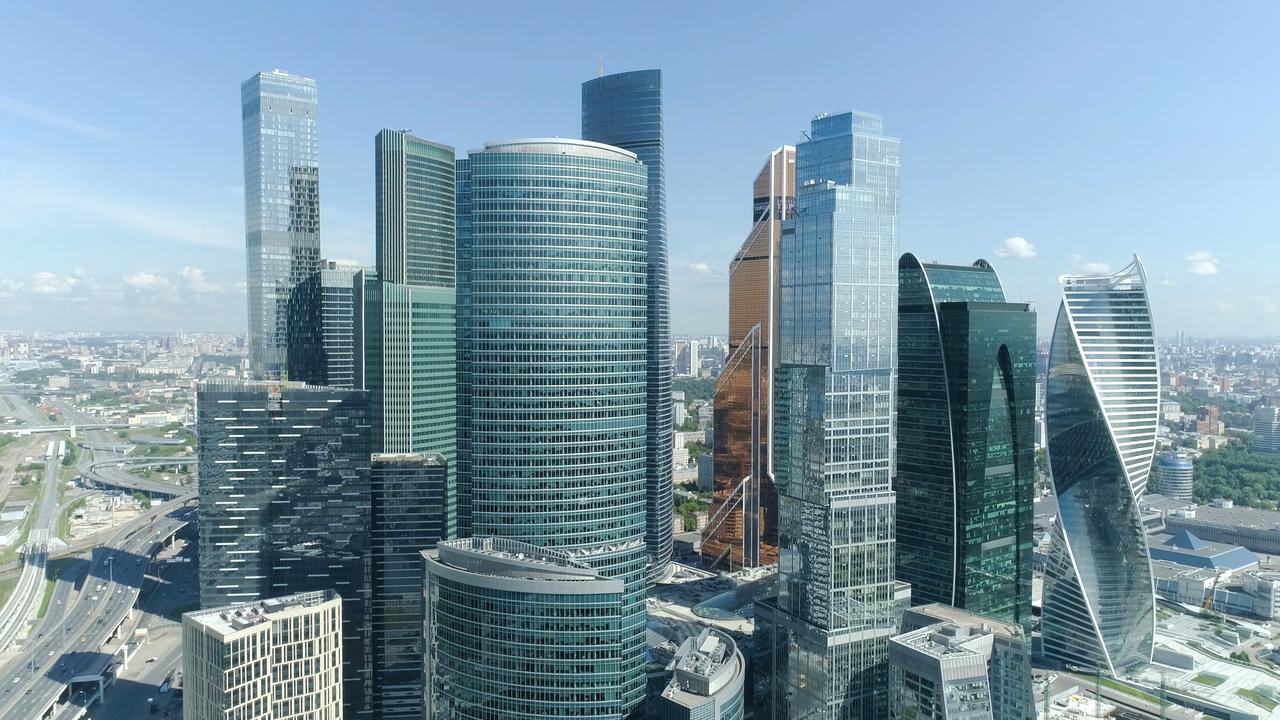
Turkish companies continue to play a prominent role in the Russian economy, with Ant Yapi, Hayat Holding, and Koc Holding emerging as the top investors, according to a recent report by NSP, one of Russia’s most established legal consultancies.
The findings, featured in Russia’s leading business publication Vedomosti, reveal that Turkish firms have not only maintained their operations in the face of sweeping Western sanctions but, in many cases, have expanded them.
Ant Yapi, a Turkish international contractor, stands as the leading Turkish investor in Russia, with total assets valued at 35 billion rubles (approximately $440 million).
Ranked among the world’s top 100 construction companies, Ant Yapi is also active in the United States and the United Kingdom. The firm has left a significant mark on Moscow’s skyline through several major high-rise developments.
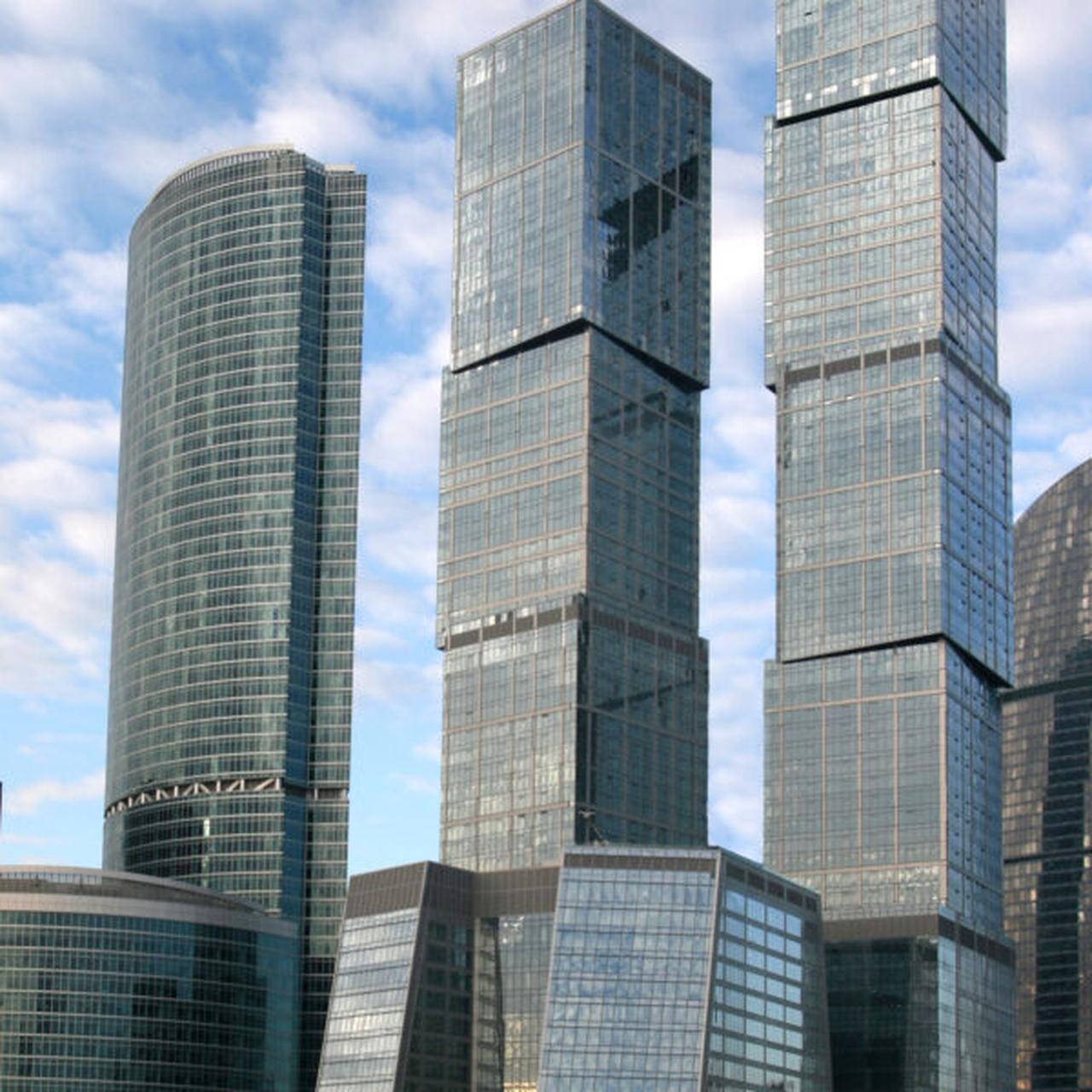
Second on the list is Hayat Holding, a Turkish manufacturer of hygiene and personal care products, which recently launched a new facility. The group’s investments in Russia now exceed 24.5 billion rubles ($300 million).
Hayat Holding’s operations span paper production and consumer goods manufacturing—areas in which Turkish companies have increasingly stepped in to meet local demand following the exit of Western brands.
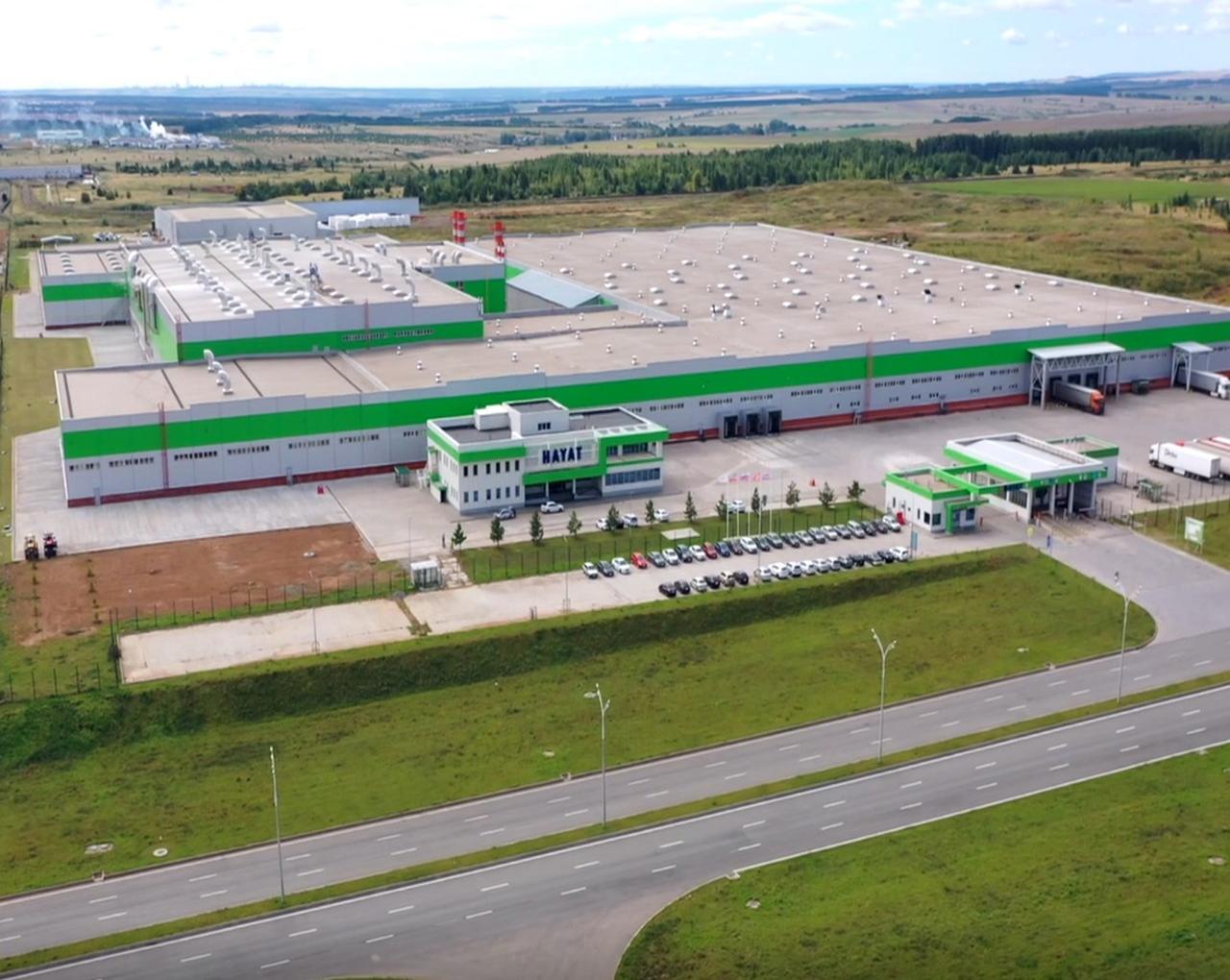
Koc Holding, Türkiye's largest conglomerate, ranks 3rd among Turkish investors, with assets totaling 20 billion rubles ($250 million).
Through subsidiaries such as home appliance manufacturer Arcelik, the group has continued to operate and grow in the home appliance and automotive parts sectors. Its acquisition of U.S.-based home appliances firm Whirlpool’s local assets, following the American company’s withdrawal, has further solidified its standing.
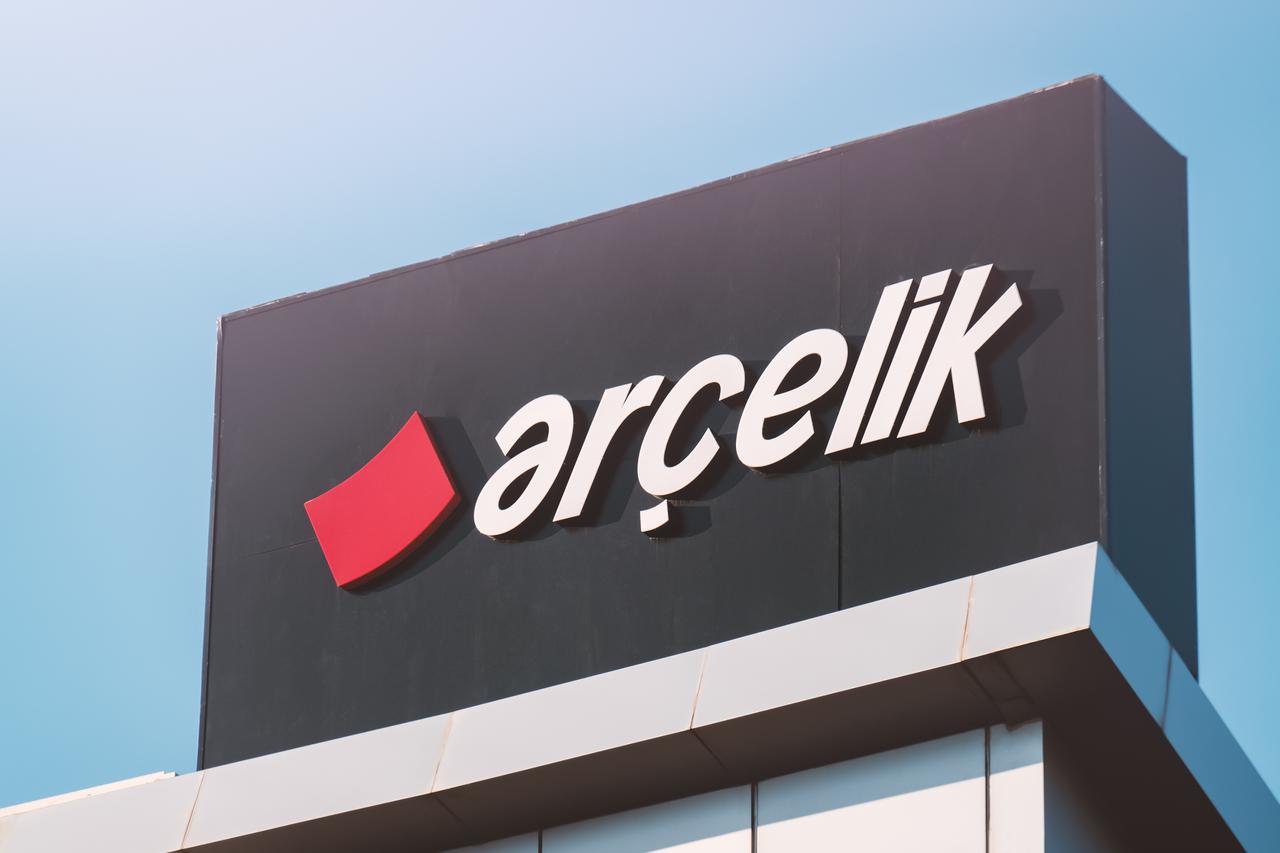
The report also highlights the regional distribution of Turkish investments, which have penetrated various parts of Russia. In Moscow alone, Turkish firms have invested roughly $450 million. Other significant investment hubs include Kaluga ($300 million), Lipetsk ($280 million), and Bashkortostan ($250 million), suggesting a well-diversified portfolio across both industrial centers and emerging markets.
Despite the overall continuity of Turkish business activity in Russia, Anadolu Efes—one of Türkiye’s largest investors in the country—has faced state intervention. Since December, its joint venture, AB InBev Efes, has been placed under trusteeship.
The venture, established in 2018 with Belgian multinational AB InBev, had held a 29% share of the Russian beer market.
Following Russia’s invasion of Ukraine and the resulting increase in business risk for Western firms, Anadolu Efes and AB InBev had agreed to dissolve the partnership.
Under the agreement, Anadolu Efes would acquire 100% of the Russian operations, while AB InBev would take full control of the Ukrainian business.
The two companies had submitted the proposed transfer for regulatory approval in Russia, but, instead of receiving a response, they faced the seizure of the joint venture.
The seizure marked the first such action against a firm from a country classified by Russia as “friendly.”
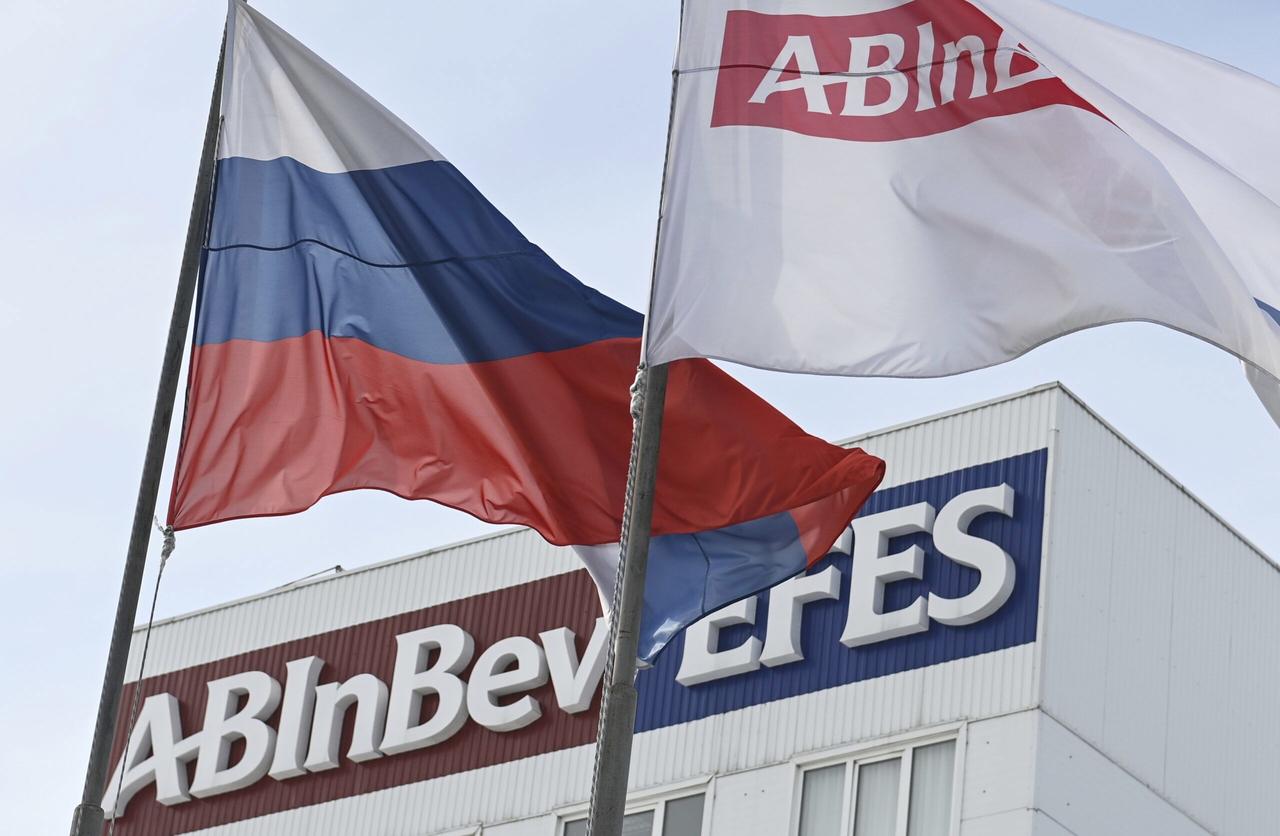
Following the outbreak of the Russia-Ukraine war in 2022, a record number of over 12,000 international sanctions were imposed against Moscow by the United States, the European Union, and their allies.
In response, many Western multinationals—including globally recognized corporations—either exited the Russian market or transferred their local assets. This vacuum, the report suggests, has allowed companies from Türkiye, China, and Iran to expand their footprint.
According to NSP’s findings, Turkish capital in Russia has been concentrated in strategic sectors including construction, paper and hygiene products, household appliances, and automotive components.
These sectors reflect both continuity in pre-war investment strategies and adaptation to new market gaps created by Western companies’ exits.